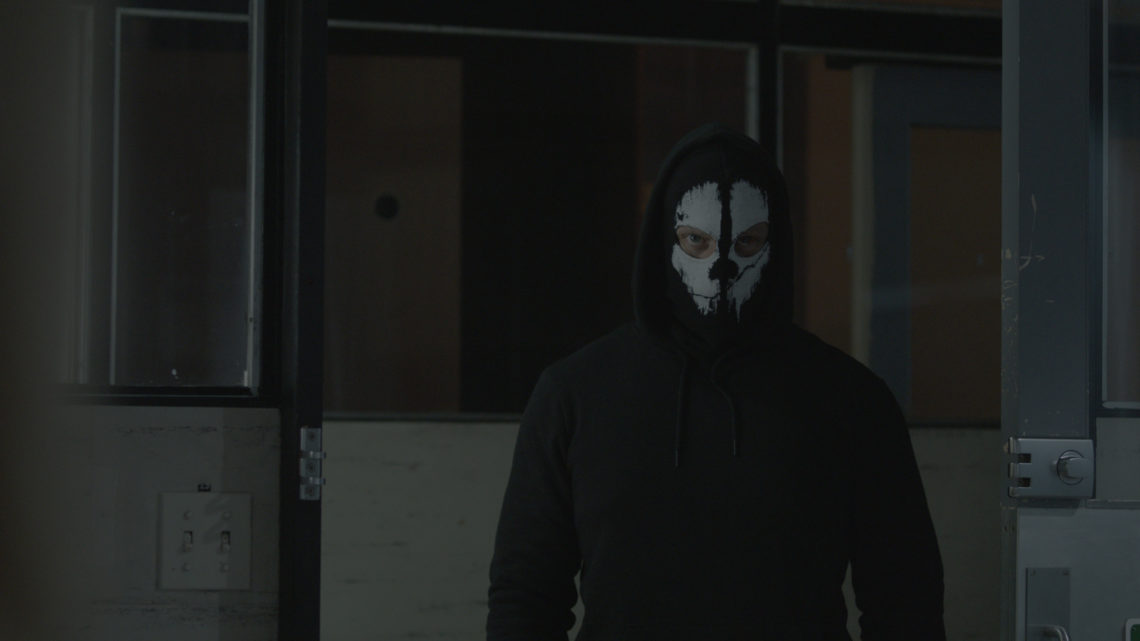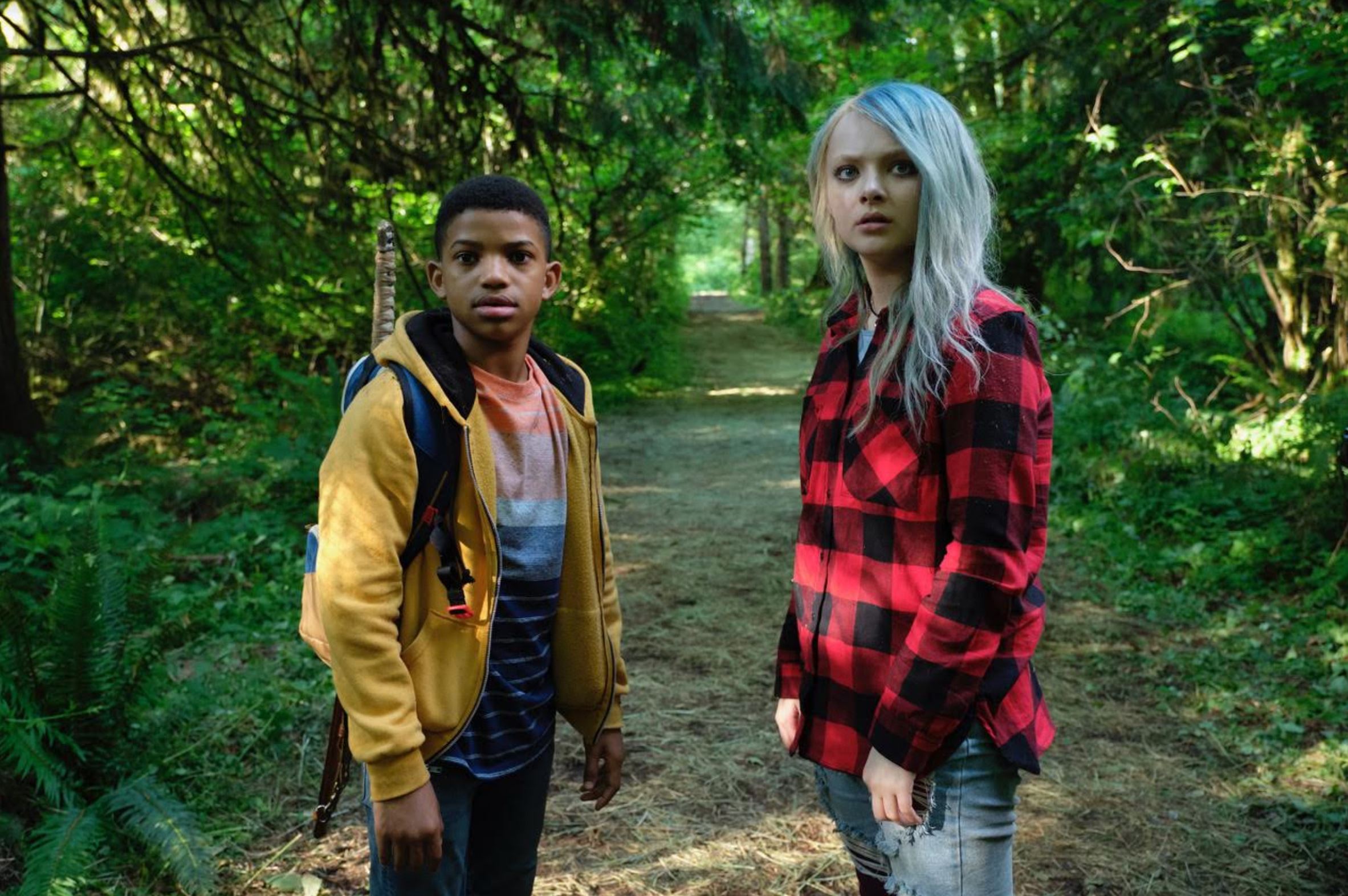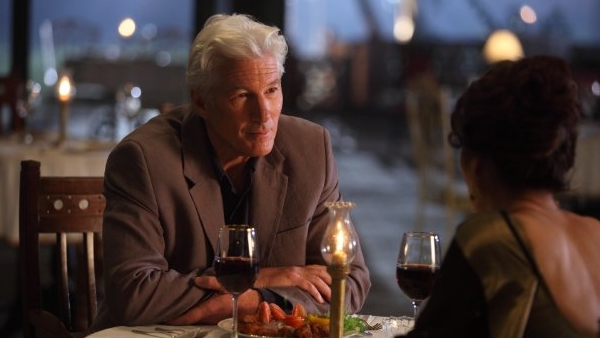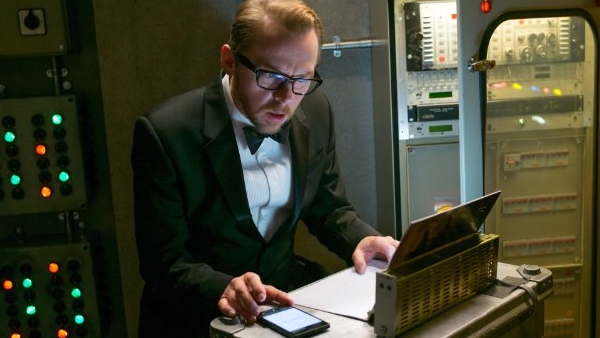Call it fear, or an unsettling feeling, but this is precisely what I generally get with genre films made in Australia. They hit a nerve with their ability to show violence in a brutal and realistic way, and it’s like filmmakers have no sense of limits when trying to portray a horrific situation. I don’t stay away from those films, but I’m not the same guy when credits roll.
With Rage this was a surprise because I definitely did not expect the movie to go that way. It certainly doesn’t show it from the beginning when we feel like in an indie universe of performers trying to do their best. But the film’s inevitable violent introduction is there to leave a mark and set the tone for what remains of the movie. This is when Rage really begins, a journey into a twisted and faulty mainframe of justice.
In Rage, a couple has grown apart and they’re facing the consequences. The lack of children seems to be major factor in their lives. Noah’s unfaithful and he enjoys it. Madeline has too many doubts about where it’s all going.
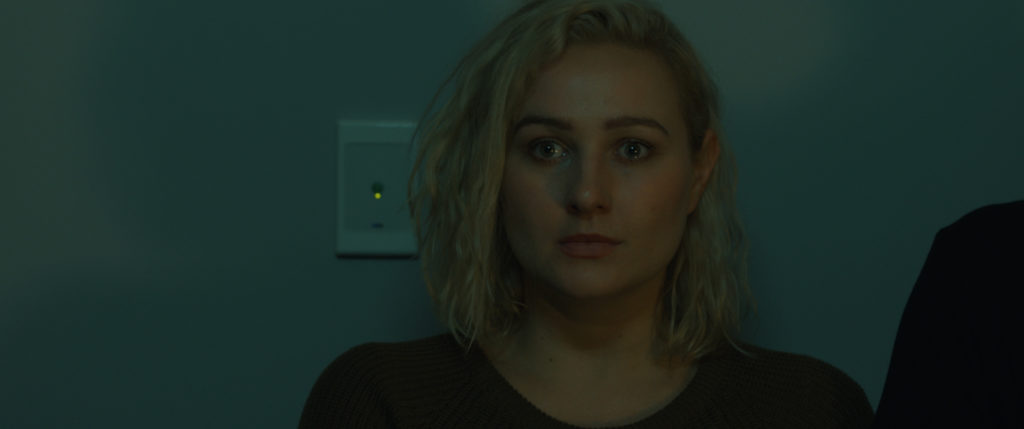
During a night in which they’re obviously apart, Madeline is spending the night with her sister. A couple of crooks arrive and a regular robbery turns into mayhem for the two innocent victims. One of the thieves is a monstrous and violent man who decides to leave no witnesses. While Noah is heading home, his wife is brutally assaulted by the robber. And when he arrives, he tries to fight. But he also becomes a victim and ends up getting shot in the head.
Noah falls into a coma while his traumatized wife is trying to deal with a detective who needs to catch the perpetrator. When Noah wakes up, he understands that maybe he will need to resort to something else in order to catch the horrible man still on the loose.
For those of you of who don’t notice running times in movies, congratulations. Rage is an incomprehensibly overlong film that burns off all of its resources in a very early stage. The crime that takes place may represent the level of brutality that the film includes in its early approach. However, and for some reason, the film becomes a detective story that’s not even that interesting. This detective, played by the veteran Richard Norton, has a backstory that can be related to his grieving present, but sadly the character lacks the necessary depth to link the past to the attacked couple’s conflict. The second act (it takes more than an hour) is just plain boring and uneventful.
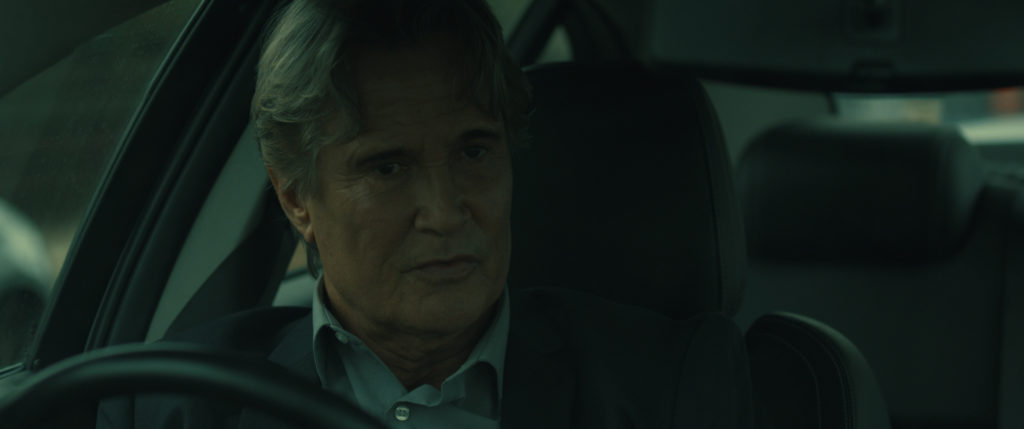
Why turn Rage into a movie about justice when the essential conflict lies on trauma and the strength of those suffering it? Even the film’s closure is a moral wager, taking place in the intimacy of a couple suffering from something so horrible whose magnitude they can’t even comprehend, and the detective is set aside in an intelligent decision by the screenwriter.
Rage is a crime film that feels comfortable in most of its running time. There’s nothing leading up to an explosive finale. It’s not a revenge thriller so it doesn’t share the archetypes of the subgenre. This is a quiet and sometimes thoughtful film about the effects of a horrible violation. Rage can be misinterpreted as an unrelenting thriller also.
However, it is really a gathering of resources by the director, who tries to tell different stories at the same time. Some of them are just unnecessary, and some of them need to be extended. The production value is high, even though it feels like an indie version of something. The score of the movie by Kai Chen Lim is extraordinary; when Rage stumbles into a random territory of scenes cut together, the soundtrack is the one logical element that assembles it all together. It’s almost impossible to not think of Howard Shore’s score in Seven because the cues are too similar, but it’s nothing short of a homage.
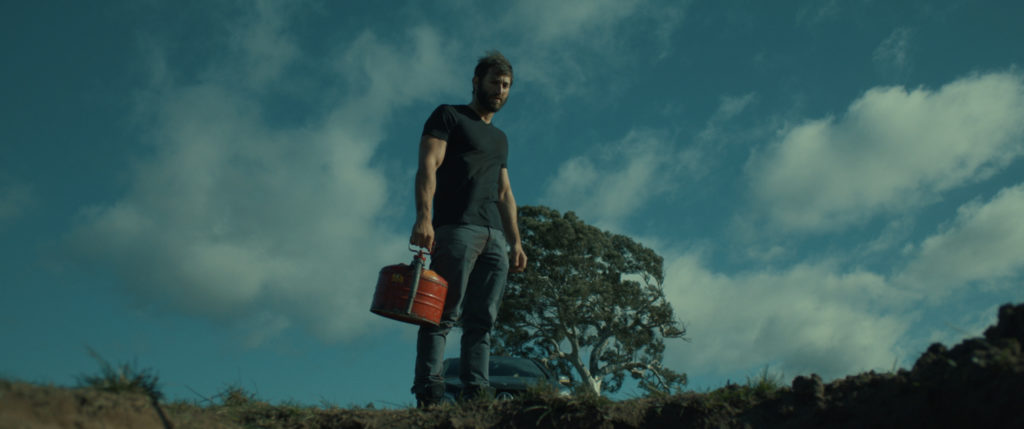
John Balazs does a very good at telling a logical story, even if some subplots are excessively developed. Editing and cutting seems like an easy job, but it’s just a matter of different visions. They need to be treated with respect.
Rage is a film that seemed to do a great job at portraying justice, but the film’s final twist is risky, if not wrong. Some will question Madeline’s decision, but at the end, she’s still a victim of something so horrific, reactions vary and the fallout is random. This admission of guilt represents the film’s true core, the one inexplicably put aside for highlighting another irrelevant story.
Rating: 2.5/4
Editor’s Note: Federico Furzan is an OFCA and Rotten Tomatoes-approved critic..
